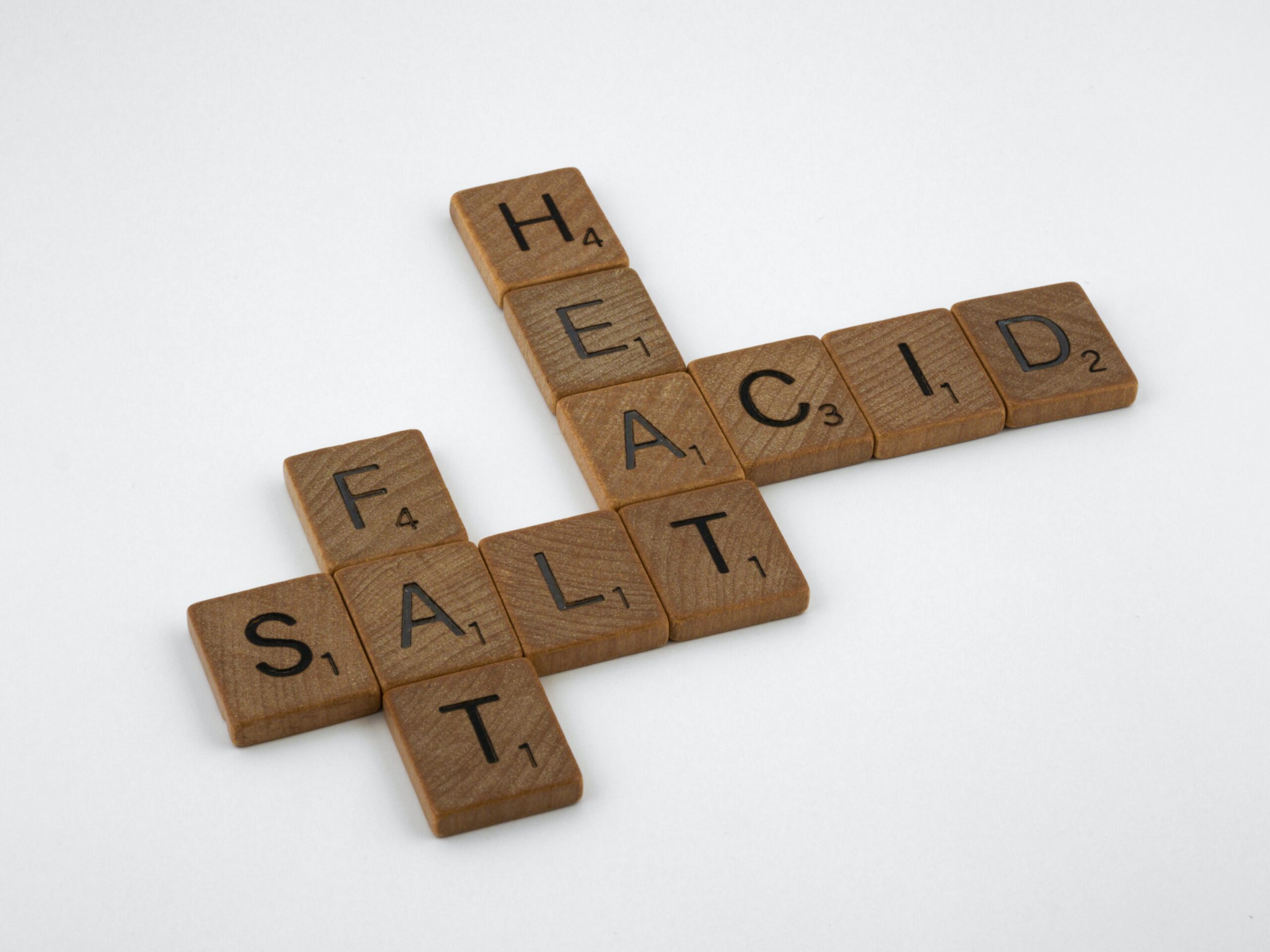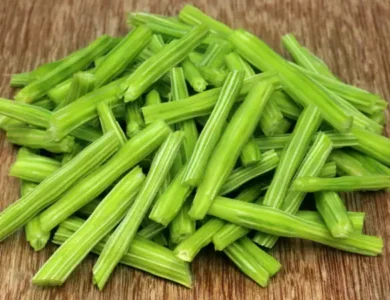When Heartburn Won’t Quit: Recognizing the Signs of GERD and Seeking Help

Acid reflux and GERD (gastroesophageal reflux disease) are common conditions that affect millions of people worldwide. While they are often used interchangeably, there are some key differences between the two. In this article, we will explore what acid reflux and GERD are, their symptoms, causes, and treatment options.
What is Acid Reflux?
Acid reflux occurs when stomach acid flows back up into the esophagus, causing a burning sensation in the chest known as heartburn. It is a common condition that can occur occasionally or become chronic. The main symptom of acid reflux is heartburn, but it can also cause regurgitation, a sour taste in the mouth, and difficulty swallowing.
There are several factors that can contribute to the development of acid reflux. These include certain foods and drinks, such as spicy foods, citrus fruits, and alcohol, as well as lifestyle factors like obesity, smoking, and lying down after eating. Stress and certain medications can also trigger acid reflux.
What is GERD?
GERD is a more severe form of acid reflux that occurs when the reflux of stomach acid causes irritation and inflammation of the esophagus over time. Unlike acid reflux, GERD is a chronic condition that requires long-term management. In addition to the symptoms of acid reflux, GERD can also cause chest pain, difficulty swallowing, and a chronic cough.
GERD can be caused by a weakened lower esophageal sphincter (LES), which is the muscle that separates the esophagus from the stomach. Certain factors can contribute to the weakening of the LES, including obesity, pregnancy, hiatal hernia, and certain medications.
Treatment Options
Both acid reflux and GERD can be managed with lifestyle changes and medications. Here are some treatment options:
Lifestyle Changes:
- Avoid trigger foods and drinks that can worsen symptoms.
- Eat smaller, more frequent meals.
- Avoid lying down after eating.
- Quit smoking.
- Manage stress through relaxation techniques.
- Maintain a healthy weight.
Medications:
Over-the-counter antacids can provide temporary relief from acid reflux symptoms. However, if symptoms persist or worsen, a doctor may prescribe stronger medications such as proton pump inhibitors (PPIs) or H2 blockers. These medications help reduce the production of stomach acid and promote healing of the esophagus.
Surgical Intervention:
In severe cases of GERD that do not respond to lifestyle changes or medications, surgery may be recommended. The most common surgical procedure for GERD is called fundoplication, which involves wrapping the upper part of the stomach around the lower esophageal sphincter to strengthen it and prevent acid reflux.
Prevention
While it may not be possible to completely prevent acid reflux or GERD, there are steps you can take to reduce your risk. These include:
- Avoiding trigger foods and drinks.
- Eating smaller, more frequent meals.
- Maintaining a healthy weight.
- Not lying down immediately after eating.
- Quitting smoking.
- Managing stress.
It is also important to seek medical advice if you experience persistent or severe symptoms of acid reflux or GERD. A healthcare professional can provide an accurate diagnosis and recommend the most appropriate treatment options.
Acid reflux and GERD are common conditions that can cause discomfort and affect the quality of life. Understanding the differences between the two and implementing lifestyle changes can help manage symptoms and prevent complications. It is important to consult with a healthcare professional for an accurate diagnosis and personalized treatment plan.








